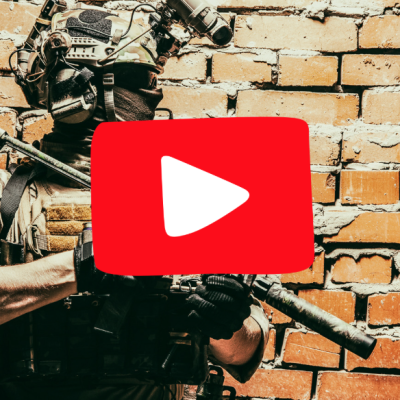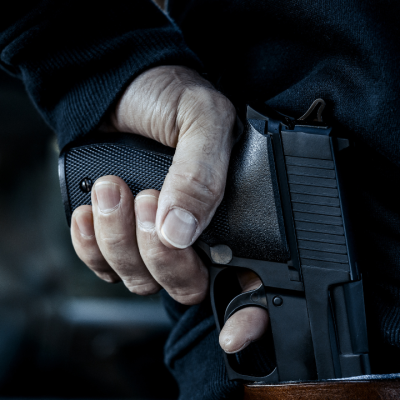The legal ramifications of being involved in a self-defense shooting vary widely depending on the circumstances and jurisdiction. While lawful self-defense provides immunity from criminal prosecution in most states, the aftermath often entails extensive legal procedures and the possibility of civil liability.
Criminal Liability
All states allow the use of reasonable force for self-protection from death or grave bodily harm. Deadly force is permitted when one reasonably fears they may be killed or grievously injured if they do not respond with lethal force. However, the definition of “reasonable” depends on the totality of circumstances and varies by state.
In stand your ground states like Florida, there is no duty to retreat from attackers, even in public areas. Other states impose a duty to retreat if safely possible before employing deadly force. Disparity of force, where the defendant is outnumbered, may also justify use of a weapon in non-stand your ground states.
If the shooter acted reasonably given the information they had at the time, charges are unlikely. But overzealous prosecutors have still brought cases against individuals acting in apparent self-defense. Acquittals are common when facts support justifiable use of force, but the legal fees can be ruinous.
Civil Liability
Even when criminal charges are not filed, the deceased’s family may pursue civil action against the shooter seeking monetary damages. The lower burden of proof in civil cases versus criminal ones makes civil liability a real concern.
However, civil immunity statutes in many states prohibit lawsuits against those acting lawfully in self-defense. The attorney’s fees and court costs from civil action still take a toll even if the shooter is ultimately immune.
Notable Cases
Gerald Ung, a Temple University student, shot two attackers on a subway in January 2010. He was acquitted of attempted murder given ample evidence of self-defense, including video surveillance footage. However, the deceased’s family pursued civil damages. Despite Pennsylvania’s civil immunity law shielding Ung given the lawful use of force, he still accrued over $100,000 in legal fees.
In Florida, Trevor Dooley was convicted of manslaughter and sentenced to 8 years after fatally shooting a neighbor in 2010. While Dooley claimed self-defense believing the victim was choking him, the jury determined his response was unreasonable given eyewitness accounts. The case highlights how pre-existing disputes can complicate claims of self-defense.
Takeaways
Individuals acting reasonably to protect life face minimal criminal liability, thanks to strengthened self-defense laws. However, one should expect intense scrutiny following any use of lethal force. An experienced attorney familiar with local statutes is crucial to navigate the aftermath. And while lawful self-defense grants criminal immunity in most states, the civil court costs still present a heavy burden. Understand both criminal and civil law pertaining to self-defense in your jurisdiction. Justifiable use of force is not a panacea freeing one from burdensome legal procedures.


![Top YouTube Channels for Gun Lovers and Proud 2A Supporters [By Category]](https://www.carryhard.com/wp-content/uploads/2025/06/transparent-thegem-product-justified-square-m.png)


